In recent years organic coffee has been growing in popularity since it's better for the environment and more profitable for farmers.
This article will discuss why organic coffee is better for many reasons and how it can help to ensure a more sustainable future in the coffee industry.

Here are some of the top benefits of organic coffee:
Organic Growing Methods are Better for Farmers
1) Better Health Benefits for the Local Community
Organic coffee is much healthier for farmers because it lowers their exposure to toxic chemicals.
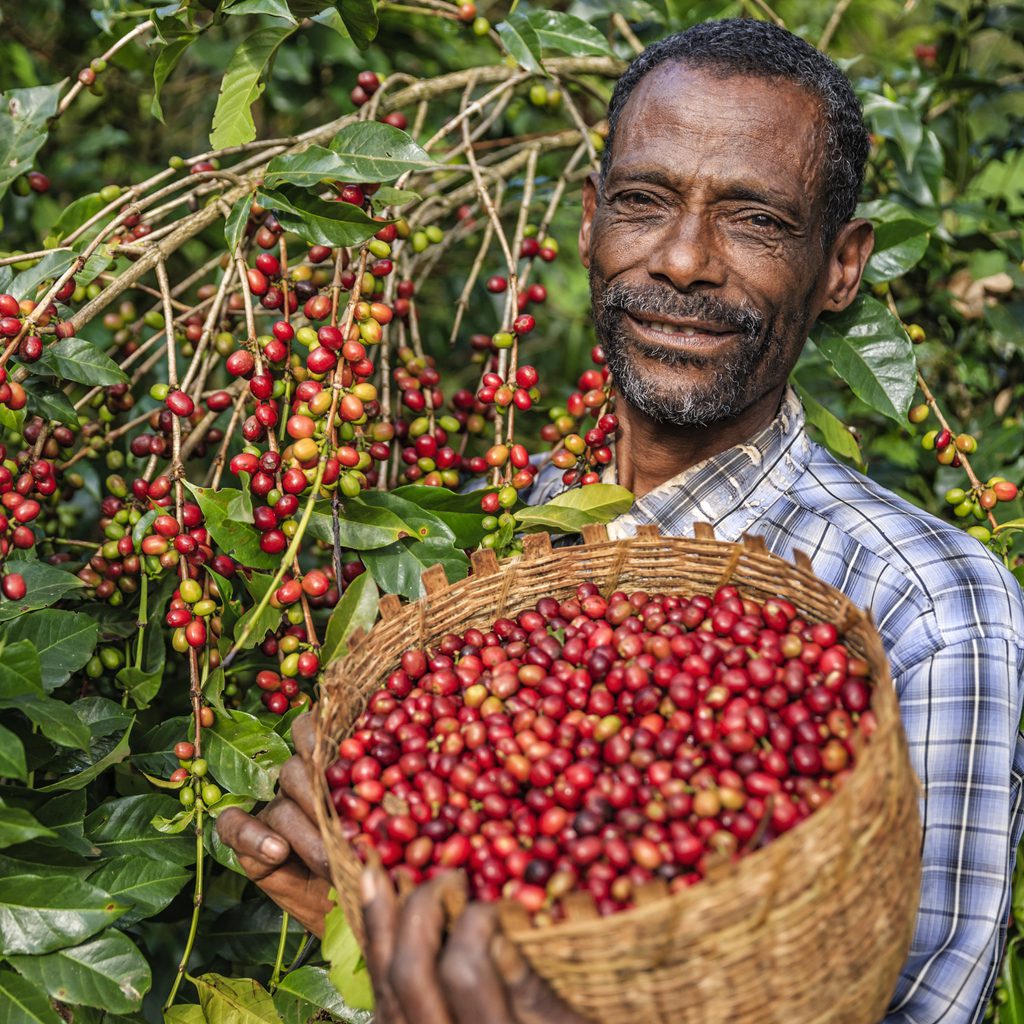
Conventional coffee farming uses pesticides and fertilizers that can harm the health of local families, while organic farming uses natural methods to control pests, fertilize the soil, and reduce the farmer's exposure.
2) Increased Income
The premium price of organic coffees often means that farmers can make more from their crops. Agricultural workers in developing countries with high living costs and struggling economies can benefit from this increased cash flow.
Organic coffee farming can improve the quality of life for hundreds of people and provide for their families and communities.

Fairtrade principles are closely linked to organic coffee beans production. Organic certification requires that farmers are paid fair prices for their crops. This helps ensure they can support their families and earn a living wage.
These trade prices are especially important for coffee-growing areas where poverty is a significant issue. Another of the important benefits of organic coffee is that it can give communities the stability and security needed to improve their lives.
Fairtrade organic coffee supports community development programs such as education, healthcare, and other initiatives. These programs improve the lives of many local groups and create strong, sustainable communities.
Fairtrade coffee beans can be a way for consumers to support these efforts and help create a better future for coffee-growing communities worldwide.
Fairtrade coffee also supports economies' efforts to transition to organic farming, which can be costly and difficult.
The fairtrade premium can cover organic coffee costs, making farming more affordable and sustainable.
3) Higher Soil Quality
Organic coffee farming practices improve the quality and sustainability of the soil, which is vital for long-term soil health. The soil can be depleted of essential nutrients by conventional coffee farming, which makes it more difficult for plants to thrive and grow.
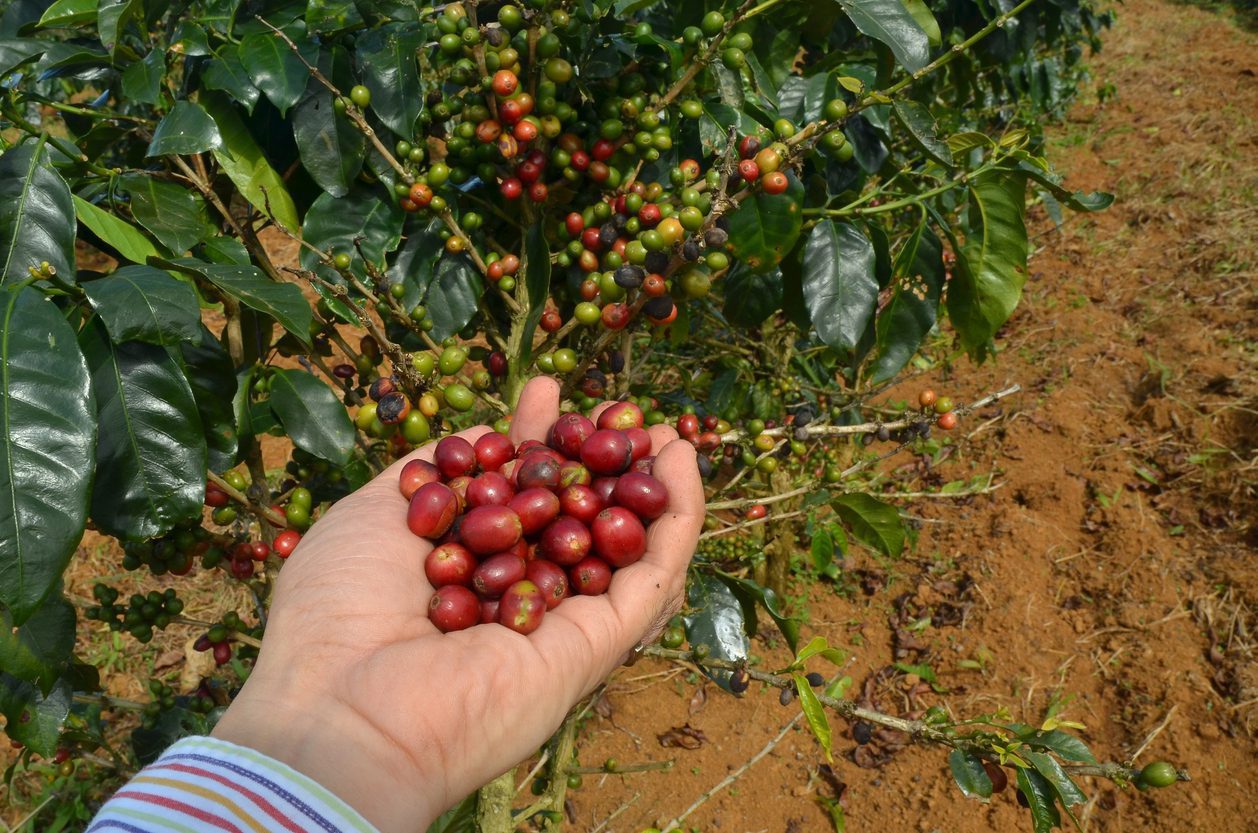
Organic coffee farming uses natural methods to enrich the soil and preserve fertility. This results in stronger, more productive plants and coffee beans for everyone.
4) Better for the Environment
Because growing organic coffee beans eliminates chemicals released into the atmosphere and water, it is better for the environment. Non-organic coffee farming can harm the local ecosystem, leading to soil erosion, water pollution, and the destruction of wildlife habitats.
Renewable coffee farming uses natural methods to control pests, fertilize the soil, and minimize its environmental impact.
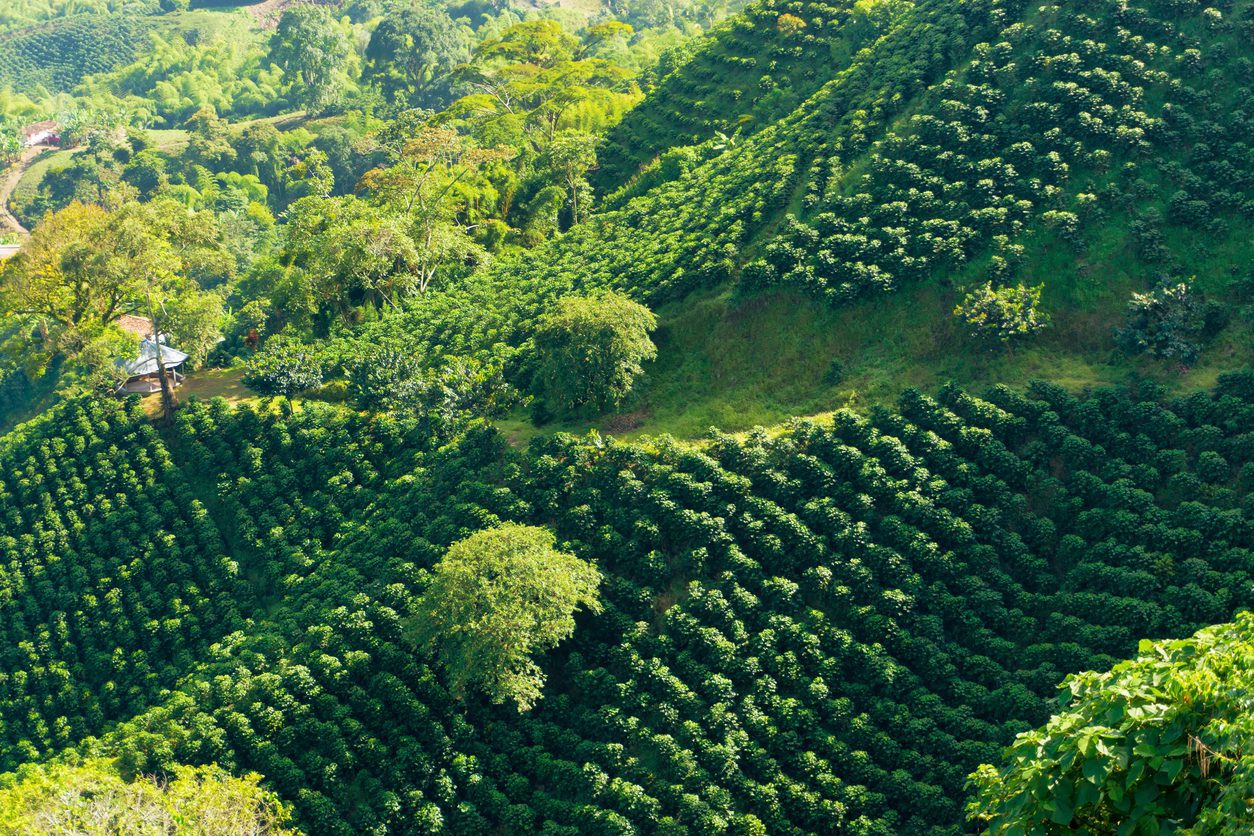
Organic coffees are better for people in many ways. We can help coffee farmers by choosing organic beans instead of those grown with pesticides and other chemicals.
Consider buying organic coffee the next time you are at the store since it will not only help the farmers, but you will also be helping to create a better environment.
What Does Organic Mean?
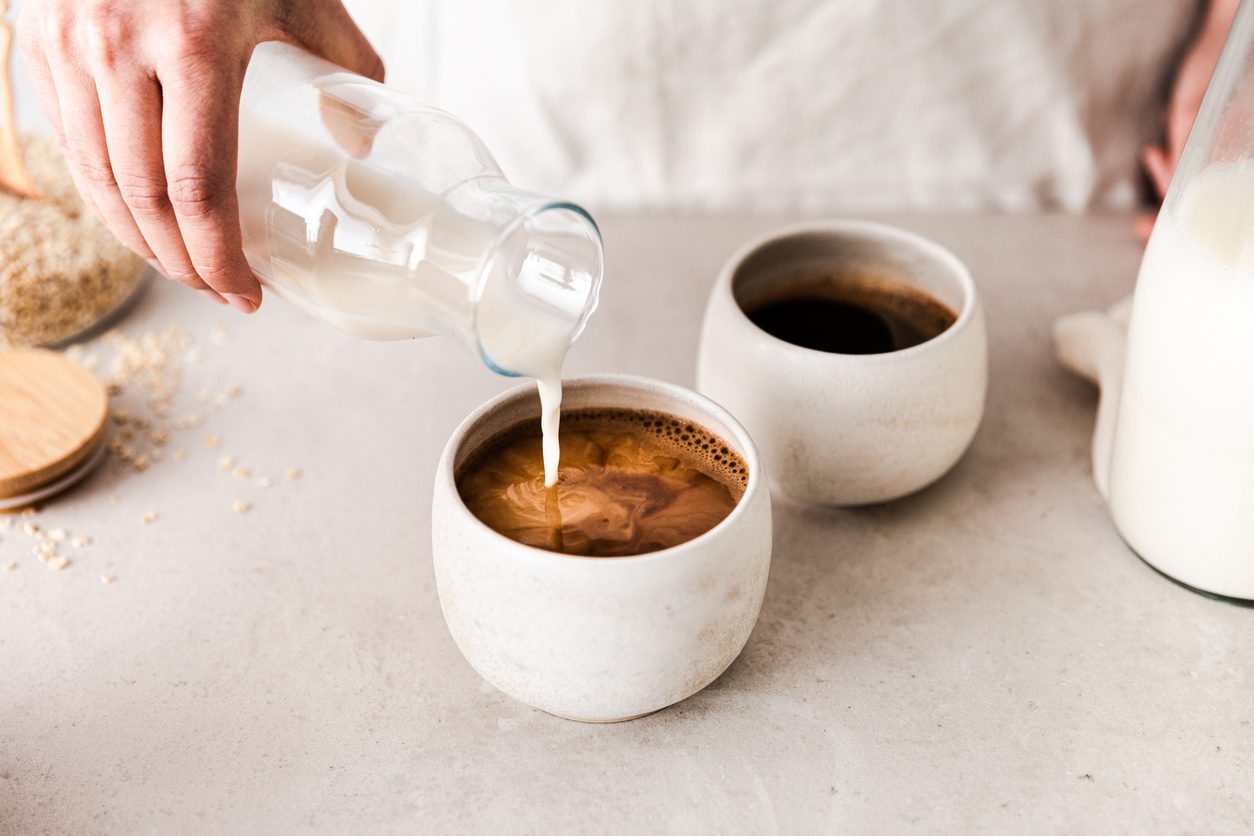
What is Organic Coffee?
Coffee grown in natural ways can protect the environment and the health of the farmers. One of the benefits of organic coffee is that it does not contain chemicals such as pesticides and fertilizers that negatively affect the environment and the people who grow the beans used for coffee.
People who grow organic coffee instead use natural methods of controlling pests and fertilizing the soil to produce healthier, more sustainable crops.
Why Is It Better For You?
Because organic coffee does not contain harmful chemicals, it is healthier for you. Some chemicals in regular coffee can cause skin irritation, respiratory problems, digestive tract disorders, and other health issues.

You can avoid these chemicals and enjoy the health benefits of drinking organic coffee when you shop for a certified organic brand of coffee.
How To Find the Best Certified Organic Coffee Beans
It would be best if you chose a USDA-certified brand of fresh coffee. Only coffee products that carry the USDA Organic seal are guaranteed to be truly organic. Unscrupulous brands may claim to be organic without proper certification, so always look for the USDA seal.
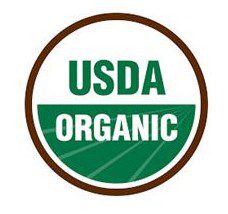
Organic coffee, in short, is coffee grown naturally without using chemicals. It's better for the environment, and there's no shortage of options for you to consider. Not only does organic coffee help the environment, but you'll also enjoy a more flavorful and healthier cup of coffee.
Sustainable Packaging
Coffee brands that care enough about the environment to go to the difficulty and expense of obtaining an organic certification are also much more likely to invest in recyclable or compostable packaging.
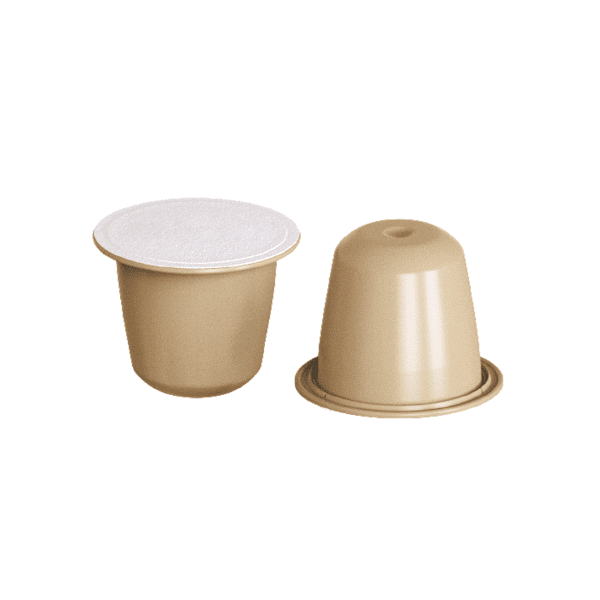
Many coffee brands, especially those used in capsule machines like Keurig or Nespresso, often use an extensive amount of plastic, foil, or aluminum in their packaging.
Even if they claim to be recyclable, eliminating these components is a better solution. La Natura Lifestyle coffee offers USDA-certified organic coffee in 100% compostable packaging.
